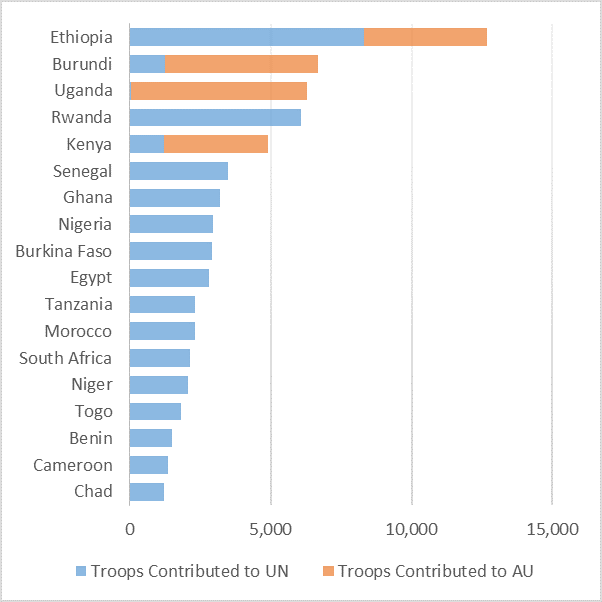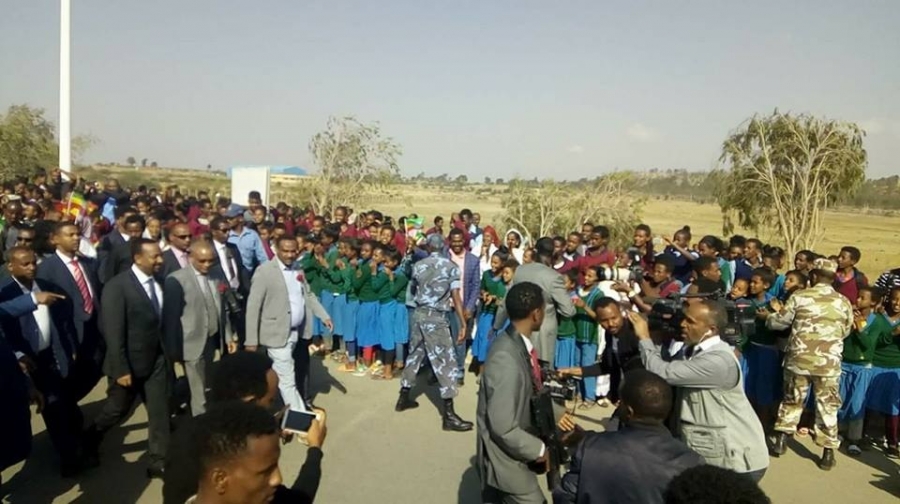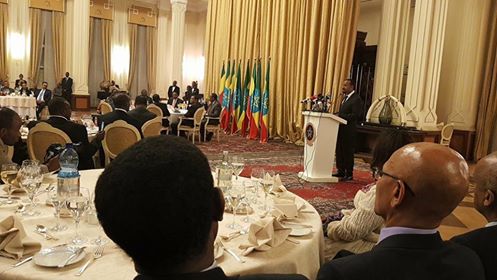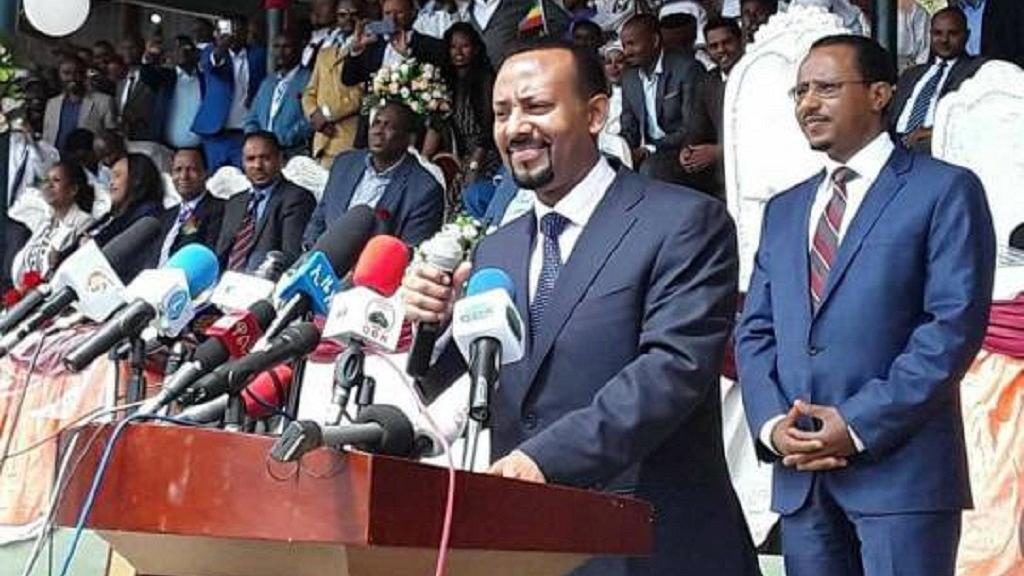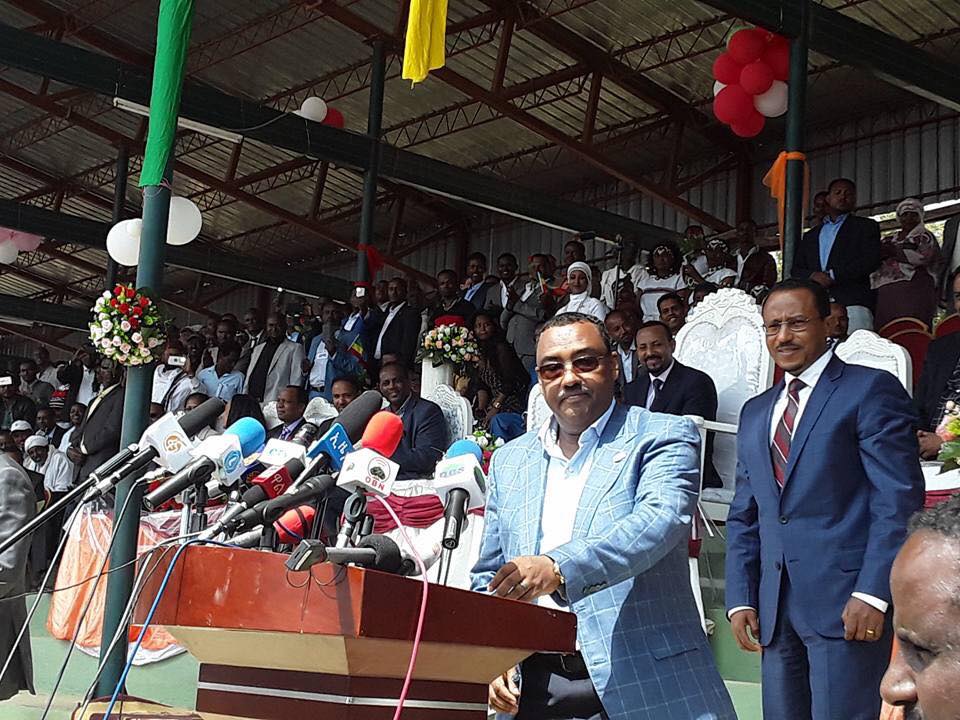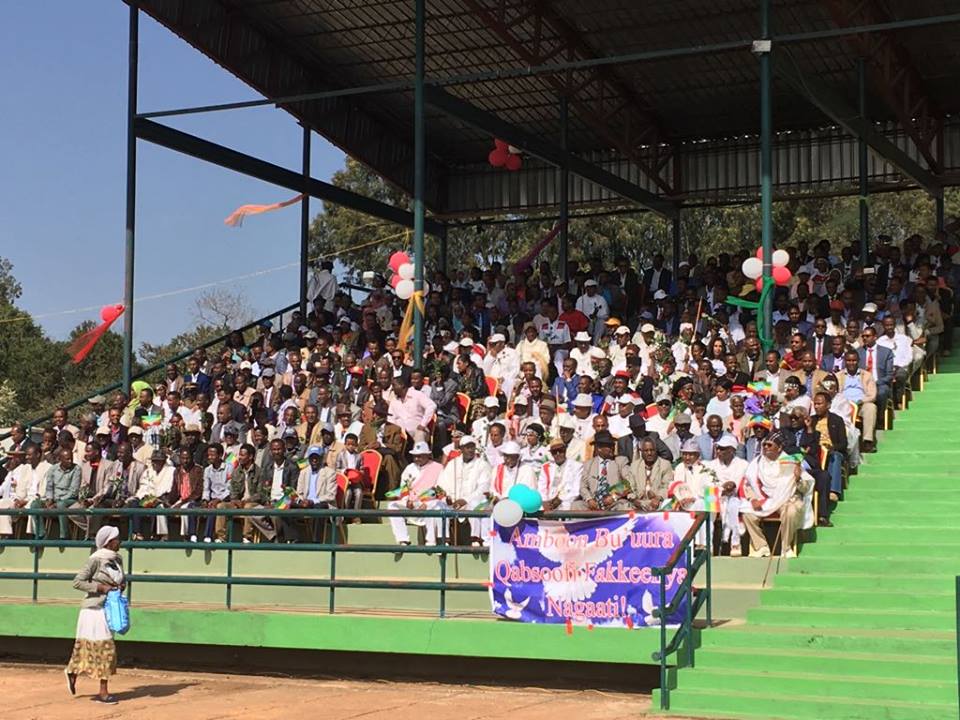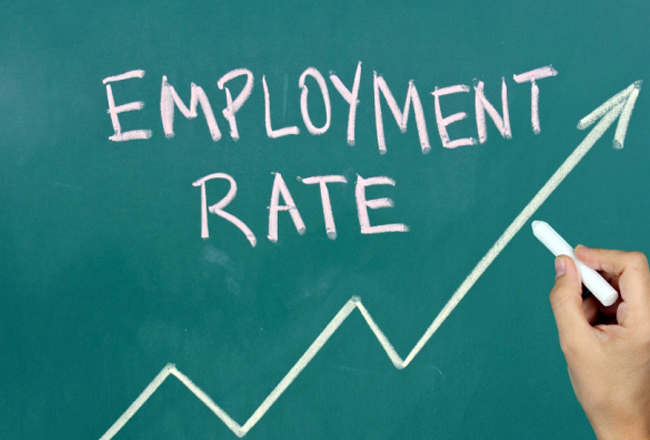Ghana has lost its mantle as the African economy likely to grow the quickest this year to Ethiopia, which has held the position for most of the past decade, International Monetary Fund data showed.
West Africa’s second-biggest economy should expand 6.3 percent this year, the IMF said in its World Economic Outlook released on 17 April. That’s lower than the 8.9 percent forecast in October and is also less than the raised 7.4 percent estimate for Ivory Coast and the prediction for Ethiopia, which was held at 8.5 percent.

Commodities including oil, gold and cocoa are the mainstay of Ghana’s $43 billion economy, which surged 8.5 percent last year. Its growth booms and busts have been closely linked to oil since it became a producer in 2010. Ethiopia, whose gross domestic product is almost double Ghana’s, has drawn investors including General Electric Co., Johannesburg-based Standard Bank Group and hundreds of Chinese companies.
The IMF increased its forecast for expansion in sub-Saharan Africa to 3.4 percent this year and 3.7 percent the next “as the challenging outlook in commodity exporters gradually improves,” it said.
Nigeria, the region’s most-populous nation and top crude producer, will grow 2.1 percent, matching the lender’s estimate released in the January 22 update to the outlook, while South Africa, the world’s biggest source of platinum, will expand 1.5 percent, more than the 0.9 percent prediction three months ago. The two economies account for almost half of the region’s GDP.
Forecasts from the World Bank and African Development Bank in January also showed Ghana would expand the fastest this year. The World Bank will publish an updated report on African economies today.
